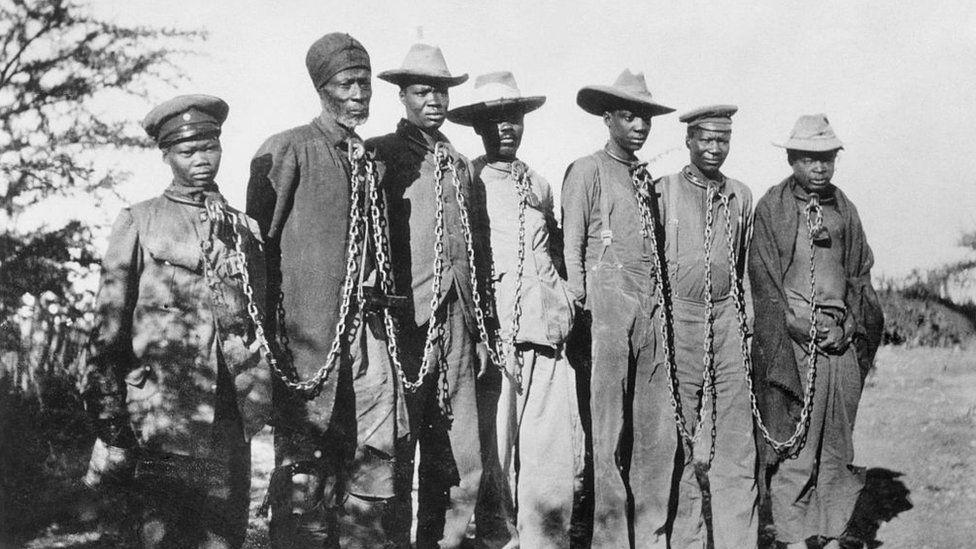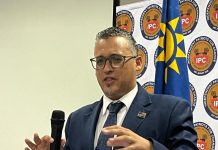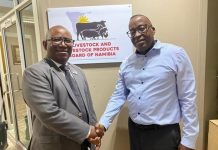Africa-Press – Namibia. AN international non-governmental organisation, the Society for Threatened Peoples, has penned a statement to the United Nations (UN) criticising the government of Germany for neglecting its legal and moral obligations in the case of the Ovaherero-Nama genocide in Namibia.
According to the NGO, Germany has a duty to the affected communities and that it is legally binding to provide reparations in the aftermath of a genocide in accordance with international law.
The UN Secretary-General, Antonio Guterres, noted that the written statement issued last month was submitted by Society for Threatened Peoples in special consultative status.
The Society for Threatened Peoples argued that in order to achieve justice for the victims of the genocide against the Ovaherero and the Nama people, as well as the Damara and the San by extension, Germany has to be obligated to grant reparation payments to them.
It added that Germany can also be sued by the legal body which is actually responsible for such issues, namely the International Court for Justice in the Hague, should it refuse. Only a Nation-State can file such a case in this matter before the International Court of Justice.
In its statement, the Society for Threatened Peoples further argued that the recent reconciliation agreement between the government of the Federal Republic of Germany and the government of the Republic of Namibia is highly debated by many, foremost the descendants of some of the victims of the 1904-1908 genocide committed by the German empire.
“Whereas the government of the Federal Republic of Germany has finally recognised the happenings deriving from General Lothar von Trotha’s 1904 incitement to extermination as an actual genocide, appropriate reparation payments still lack,” the NGO noted.
Furthermore, it stressed that the government of Germany has up until this point not provided any monetary compensation without attached preconditions, such as social projects.
“The German government has refused to negotiate with the actual descendants of the victims of the genocide, namely the Herero and the Namaqua representatives. The latter tried several times to pressurize the negotiating parties – the German and the Namibian government – to include them without success. This is a violation of the United Nations Declaration on the Rights of Indigenous Peoples (UNDRIP) as the negotiations between the German and the Namibian state government took place without the free prior informed consent (FPIC) of the affected communities who, according to UNDRIP, are entitled to that right,” the Society for Threatened Peoples said.
The Society of Threatened Peoples also pointed out that a party found guilty should provide reparations to the actual victims and is only meant to compensate a state if the according state has already provided reparation to the victims.
The latter has, however, not been the case in Namibia, which implies that a reparation payment to the Namibian state is not adequate in the frame of the genocide from 1904-1908, the NGO argued.
In light of the above, the Society for Threatened Peoples has called upon the UN Human Rights Council to urge the German government to provide appropriate reparation payments which are not linked to any kind of precondition on how the money is to be spent by the actual descendants of the genocide victims.
In addition, the UN has been advised to compel Germany to actively invite the Ovaherero and the Nama representatives to the negotiation table and to ensure their eye-to-eye participation in the negotiation process, as well as send the German Chancellor to Namibia to seriously apologise and ask for forgiveness on Namibian soil in person.






